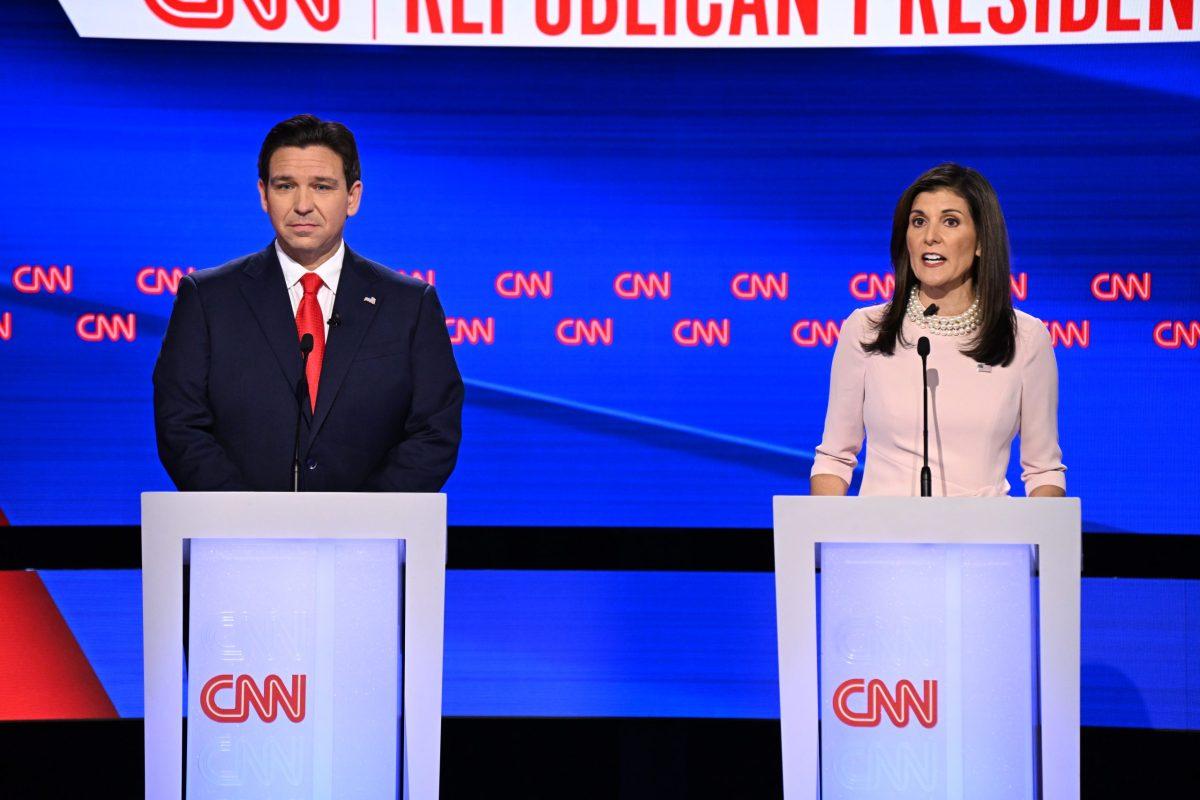Roth is a first-year philosophy and physics major and can be reached at [email protected]
Since early 2011, almost 21,000 people, mostly civilians, have died in the wake of the current crisis in Syria. Adding to that bleak statistic, tens of thousands of others have been arrested and an estimated 1.2 million Syrians have been displaced domestically according to the NY Times.
This struggle has been in the headlines since the brutal crackdowns by the Assad regime began well over a year ago. Cities are shelled, villages destroyed and any sense of security is fleeting. We know there is a serious problem that is only intensifying every day as the resistance movement constantly battles the regime’s military. The world community knows, the United States knows, yet no effect approaches have been taken to cease the civil war. The Obama administration has spoken out several times about removing Bashar al-Assad from his dictatorship and has tried to push for diplomacy through the UN and Arab League. The UN has condemned his leadership, and the Arab League revoked the membership of Syria. Both attempted to isolate and weaken Assad’s power he acquired by force and fear according to the NY Times.
The idea of solely diplomacy solving this struggle has withered down to a fruitless one. So, the question is raised, why don’t the powers of the world use military intervention to topple Assad? The fear of a wider conflict spawning out of military action is the primary reason. A major factor contributing to the inability of the UN to be effective against the regime is that China and Russia continue to veto resolutions that would otherwise weaken Assad. This element, among many other interests in Syria by other nations, such as Iran and Israel, make this crisis a carefully calculated game of influence.
The United States has balked at serious efforts to curb the regime, but if the exponential civil unrest is to be stopped, the U.S. must take a firmer stance on protecting the freedom of Syria’s people. Military action should not be the go-to answer, but bold and passionate leadership by the U.S. with other world powers is required to quell the regime and instill democracy in a nation tearing itself apart.










